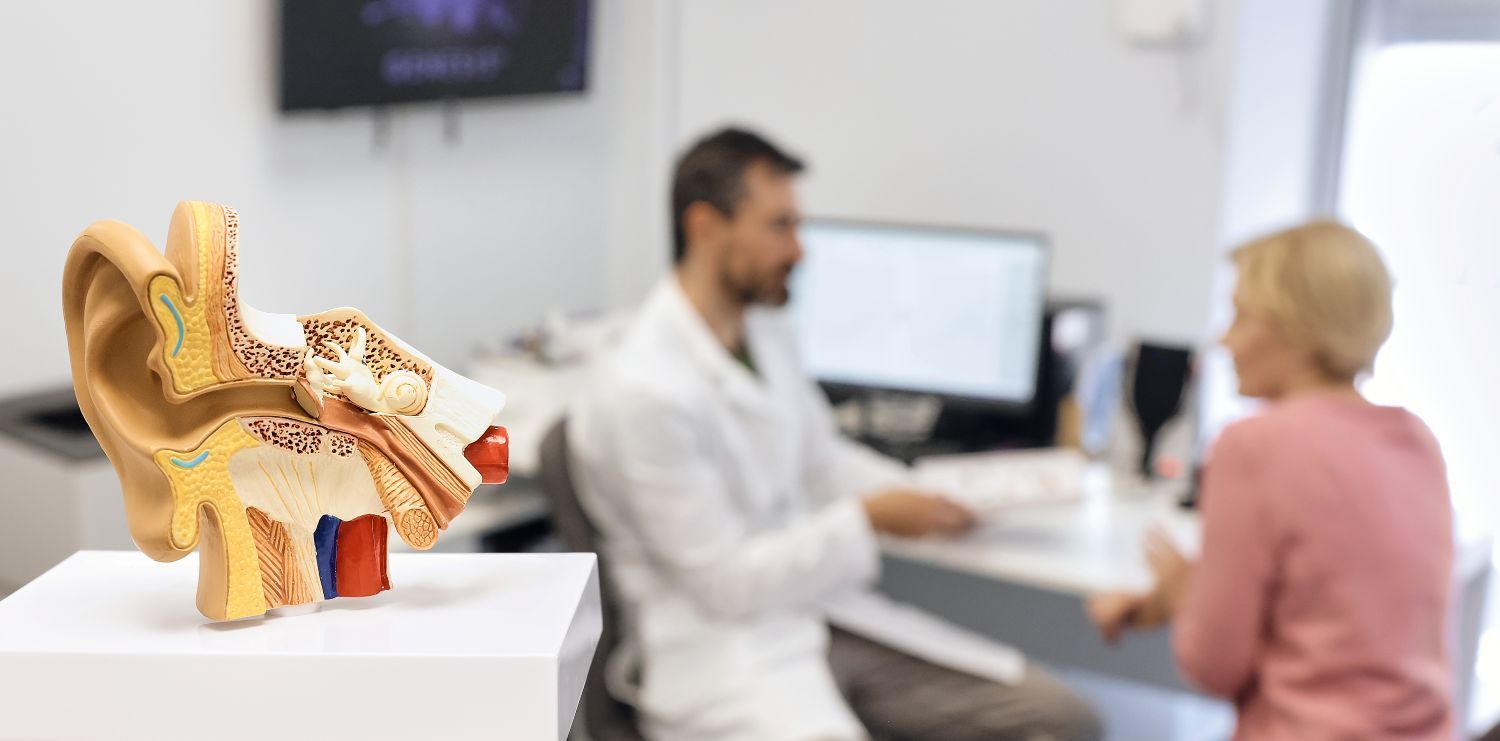How Long Do Sinus Infections Last?
A sinus infection, or sinusitis, occurs when the tissues lining the sinuses become swollen or inflamed. This inflammation can cause blockages and lead to nasal congestion, facial pain, pressure, and a stuffy nose. The infection can be triggered by viruses, bacteria, fungi, or allergens. Knowing how long it lasts and the factors influencing its duration can help individuals manage their symptoms effectively.
The Relation Between Sinus Infection Type and Duration
Sinus infections can be categorized based on how long they last and the underlying cause. There are three main types:
1. Acute Sinusitis
Acute sinusitis typically lasts for a short period, often ranging from 10 days to up to four weeks. It is usually caused by viral infections, such as the common cold. Acute sinusitis may start with cold-like symptoms and gradually worsen. While most cases resolve on their own, treatments like decongestants and nasal saline rinses can help ease the symptoms.
2. Subacute Sinusitis
Subacute sinusitis can last between four and twelve weeks. It often occurs when an acute sinus infection does not fully clear up or when seasonal allergies contribute to prolonged inflammation. This type may require a longer treatment period and needs medical attention if symptoms persist.
3. Chronic Sinusitis
Chronic sinusitis lasts for more than twelve weeks and can continue for months or even years if not treated properly. This type is commonly linked to ongoing issues like nasal polyps, structural abnormalities, or repeated infections. Managing chronic sinusitis often involves a combination of medical treatments and, in some cases, surgical intervention.
Factors Affecting the Infection Period
The length of a sinus infection can depend on several factors. For viral sinusitis, recovery may happen naturally within one to two weeks. Bacterial sinusitis can last longer, often needing antibiotics for a full recovery. Allergic reactions or underlying conditions can contribute to recurring or long-term sinus problems.
The severity of symptoms and how quickly treatment is started can also impact how long the infection lasts.
Effective Treatments for Sinus Infections
Treatments vary based on the type and cause of the sinus infection. For acute viral sinusitis, over-the-counter decongestants, nasal saline rinses, and rest can help. Staying hydrated and using a humidifier can also relieve congestion and pain.
In the case of bacterial sinusitis, a doctor may prescribe antibiotics if symptoms do not improve within ten days or worsen after initial improvement. It is necessary to complete the full course of antibiotics to prevent the infection from returning.
For chronic sinusitis, treatment may involve using nasal corticosteroids, antihistamines, or other prescribed medications. In some cases, surgical procedures may be needed to remove obstructions or treat structural issues contributing to repeated infections.
When to See a Doctor
If you have recurrent sinus infection or chronic sinus symptoms, it is important to consult an ENT specialist. They can provide a proper diagnosis and recommend treatments tailored to individual needs.
Preventing Sinus Infections
Proactive steps like avoiding known allergens, using a humidifier during dry seasons, and practicing good hygiene can help reduce the risk of developing sinusitis. Managing underlying conditions such as allergies or nasal polyps can also prevent chronic sinus issues.
If you are struggling with sinus issues or recurring infections, our team at ENT Medical and Surgical Group are here to help. We provide comprehensive care and tailored treatment plans to restore your well-being. Take control of your health and schedule a consultation.













